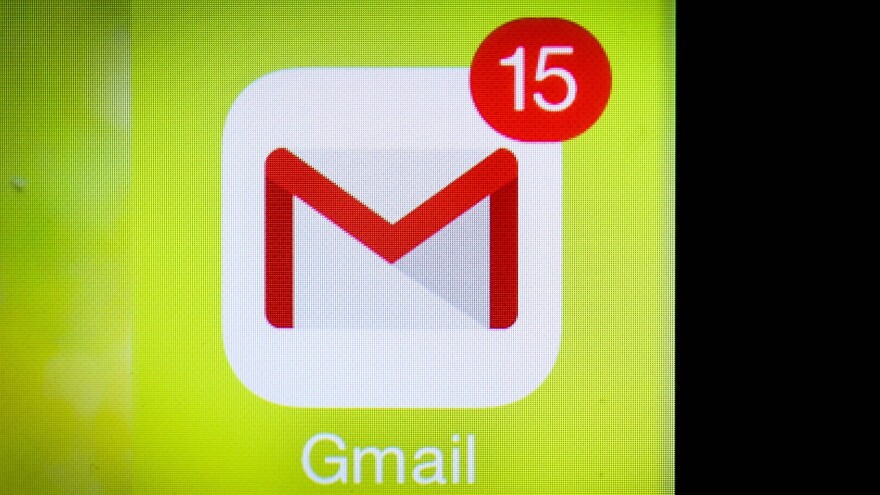Email regrets? We've had a few. Google now has a solution for the dreaded "reply all" misfire and other e-disasters. With a few adjustments to Gmail settings, users have the option to withdraw a message sent in haste, in anger or from a bar.
From the Gmail help page:
To enable Undo Send:
Users should keep in mind that, like James Bond racing to detonate a nuclear warhead, time is limited — Gmail users have only 5 to 30 seconds after sending an email to activate the "Undo Send" function. Users can select the amount of time to delay messages.
The Undo Send option has actually been around for a while on Gmail. As Ars Technica reports:
"More than any other Google offering, Gmail has been bolstered for years with a range of weird options tucked away in a 'Labs' tab in the settings screen. On Tuesday, one of the webmail provider's most interesting Labs options, "undo send," graduated to official status.
...
"The six-year-old option, which won't be turned on for the general public by default, had previously lived in Gmail's Labs tab, so if users wanted to enable it, they had to bypass a stark warning about 'experimental' features that could 'change, break, or disappear at any time.' "
And if you prefer Outlook to Gmail, you still have options to avoid email remorse.
Business Insider reported earlier this month on a plugin and browser extension for Gmail and Outlook that lets users recall email. The publication says Criptext:
"can track when, where and who has opened emails or downloaded attachments inside your emails, recall sent emails, and set a Snapchat-like self-destruct timer, which automatically recalls sent emails after a predetermined length of time. Users can also send encrypted emails to anyone, regardless of whether the recipient is also using Criptext."
Copyright 2021 NPR. To see more, visit https://www.npr.org.




